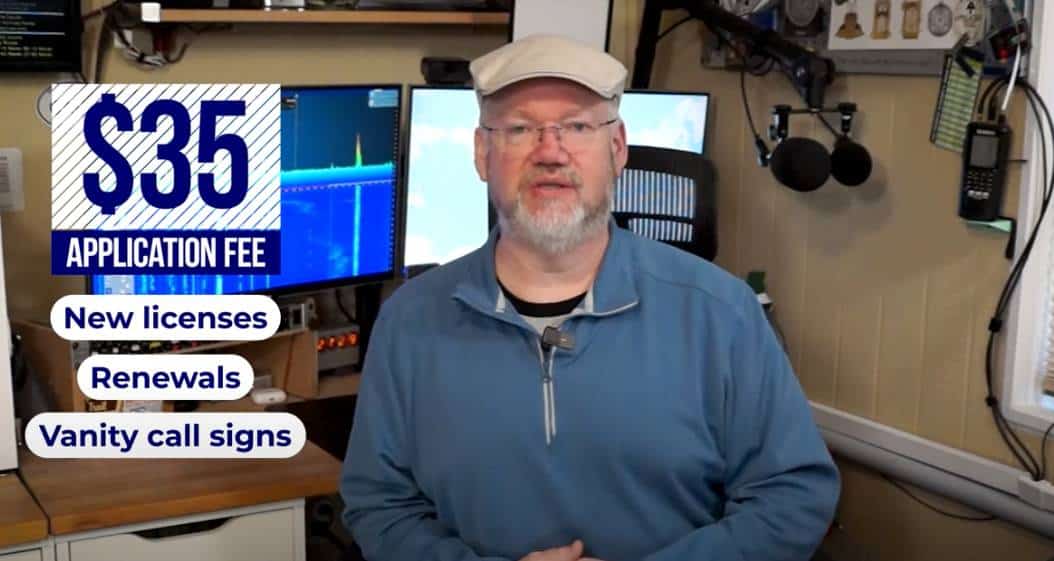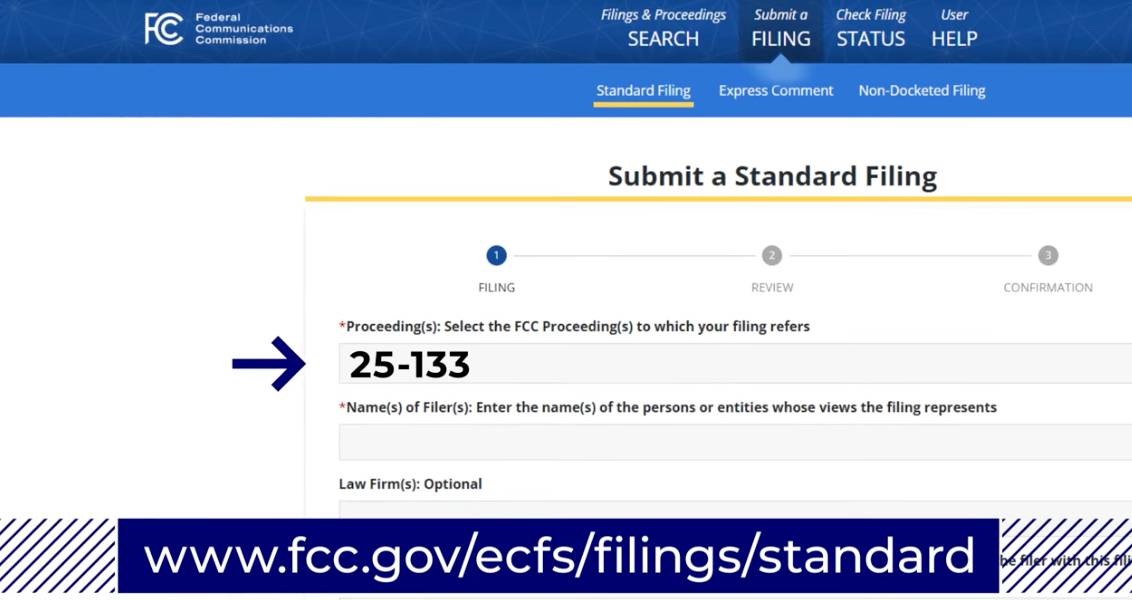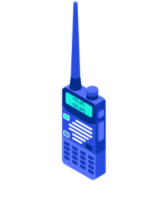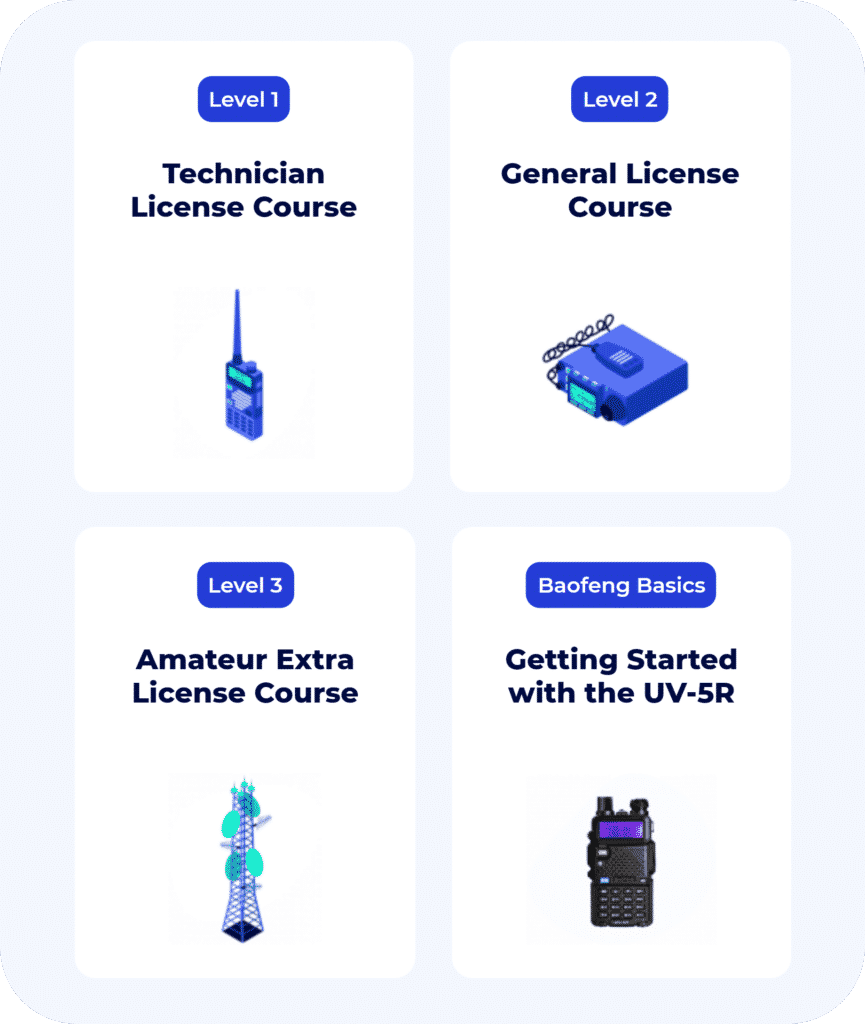Introduction: What’s Going On with the FCC?
On March 12, 2025, the Federal Communications Commission (FCC) released a public notice titled “Delete, Delete, Delete.” While the name may sound ominous, here’s the good news—no immediate changes have been made to amateur radio regulations.
But there’s more to this story.
The FCC is actively seeking public feedback on a broad set of regulatory reviews, covering everything from telecommunications and public airwaves to amateur radio policy. This notice could lay the groundwork for future changes, so it’s important for the ham radio community to stay informed and involved.
Key Areas of FCC Review
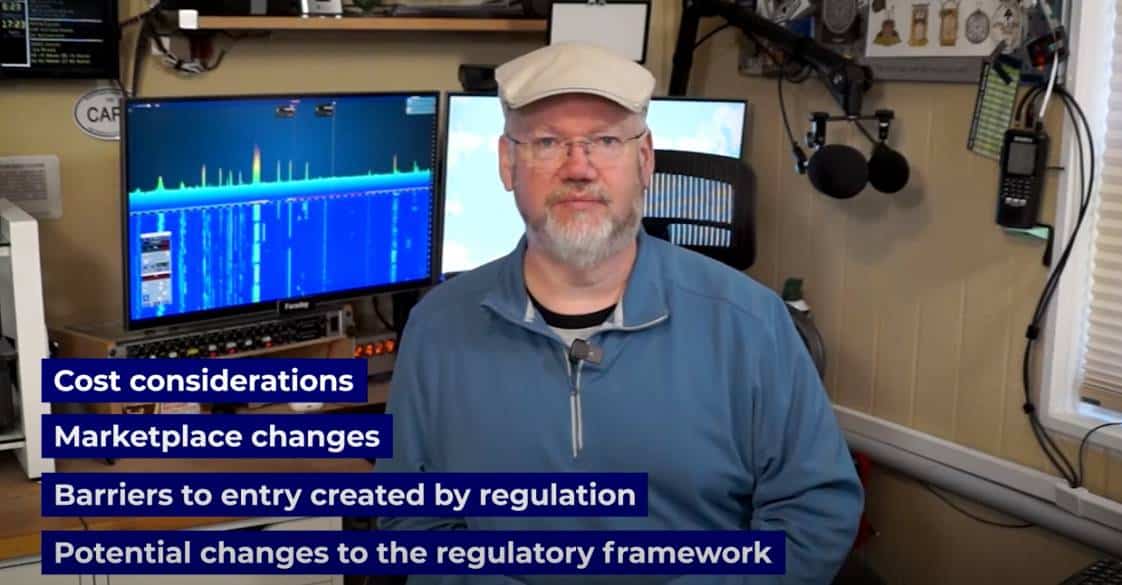
The FCC outlined several focal points for potential reform:
-
Cost considerations
-
Shifts in the communications marketplace
-
Regulatory barriers to entry
-
Broader changes to the regulatory framework
While these seem broad, many are focused on the economic value of spectrum, and that’s where amateur radio could be affected.
How the “Delete, Delete, Delete” Agenda Could Affect Ham Radio
Let’s dive into the most significant areas of interest.
1. Spectrum Reallocation Risk
The amateur radio service exists within a competitive marketplace for spectrum. Frequencies such as the 2-meter band (144–148 MHz) are allocated to hams, but some segments—like 900 MHz and 220 MHz—are highly attractive to commercial industries.
Key Points:
-
Wireless carriers have spent billions acquiring spectrum in FCC auctions.
-
In 2024 alone, a spectrum auction raised nearly $500 million.
-
Past examples include the auction of adjacent 220 MHz space for $2 million in 1998.
-
HF spectrum could draw attention from financial firms interested in high-frequency trading (HFT).
🚨 Most at risk: Segments that could be monetized, especially if public pressure or government funding needs increase.
2. Potential Licensing Changes
The current FCC licensing system for amateur radio is already streamlined and efficient:
-
Online application and modification processes
-
Volunteer Examiner Coordinators (VECs) handle much of the legwork
-
$35 application fee introduced in 2022 for new licenses, renewals, and vanity calls

Could this change?
-
Lifetime licenses or 20-year terms may be on the table
-
Major overhauls? Unlikely, due to the system’s efficiency and affordability
💡 At just $3.50/year, a ham license still costs less than your favorite latte.
3. Is the FCC Planning to End Amateur Radio?
It’s a fair question—but extremely unlikely. Here’s why:
-
Emergency Preparedness: With over 700,000 licensed operators, ham radio is a critical backup during natural disasters. One example? The Mount Mitchell repeater’s role during Hurricane Helene.
-
Global Coordination: The FCC aligns U.S. band plans with the International Telecommunication Union (ITU). Abrupt changes could cause international conflicts.
-
Political Advocacy: The amateur radio community includes many civically engaged individuals, and support from legislators has been consistent.
👍 Verdict: Amateur radio isn’t going anywhere, but we may lose some regulatory advantages.
4. Antenna Regulation Under Threat
One area that may be on the chopping block is PRB-1, an FCC rule protecting hams from unfair local zoning restrictions compared to commercial towers.
-
If eliminated, state and local governments could gain more control—potentially limiting antenna installation in residential areas.
-
HOA restrictions? Unfortunately, the FCC isn’t likely to push back on them as part of this agenda.
📌 Tip: If you’re moving to a new area, check HOA rules before buying property!
Recap: What the FCC’s Notice Means for You
Let’s summarize what you need to know:
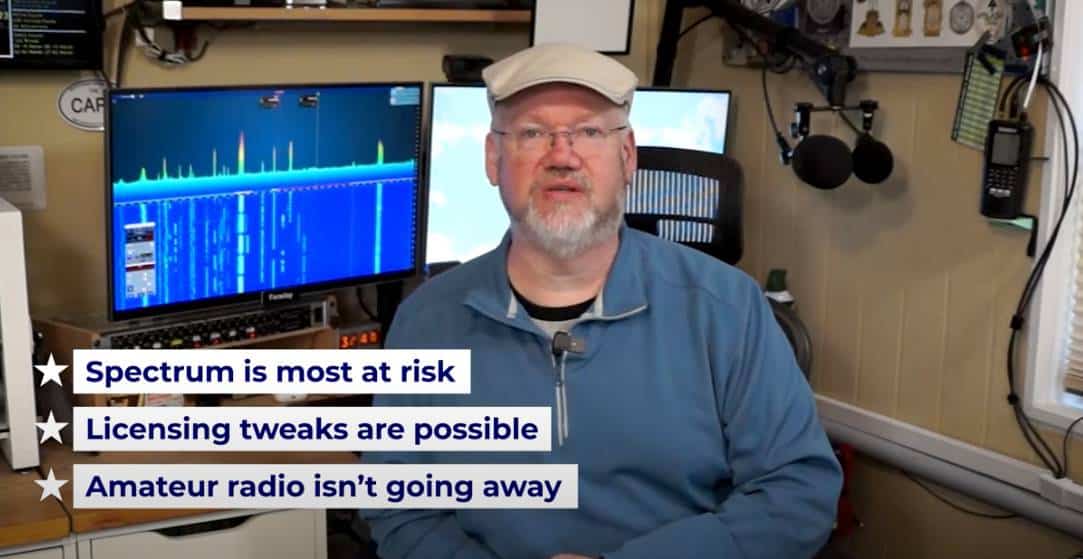
✅ Spectrum could be reallocated – The FCC has a strong incentive to auction off valuable frequencies, especially as it targets $16 billion in Treasury contributions by 2025.
✅ Licensing might be modernized – We could see extended license terms or even lifetime licenses, but no drastic changes.
✅ Amateur radio is here to stay – Don’t expect the service to disappear, but stay alert for shifts in antenna rights and spectrum usage.
What Can You Do?
Your voice matters. Here’s how to take action:
-
Submit Feedback to the FCC
Visit FCC.gov and file your comments under Proceeding Number 25-133.
-
Contact Your Representatives
Your local legislators influence FCC decisions. Share your perspective with them. -
Stay Informed with Ham Radio Prep
We’ll keep you updated as the situation evolves.
📲 Follow us on YouTube, Facebook, and Instagram.
Ready to Get Licensed?
Now’s the perfect time to earn your amateur radio license or upgrade to the next level. Our proven courses make it fast, fun, and easy.
🎓 Start your journey today at HamRadioPrep.com

